In this op-ed, Justin Maxson and Sarah Jaynes advocate for prioritizing federal investments to uplift all communities and ensure widespread economic benefits.


In this op-ed, Justin Maxson and Sarah Jaynes advocate for prioritizing federal investments to uplift all communities and ensure widespread economic benefits.

Are you ready to save on school supplies, emergency preparedness products, and more? Virginia’s annual sales tax holiday returns Aug. 2-4.
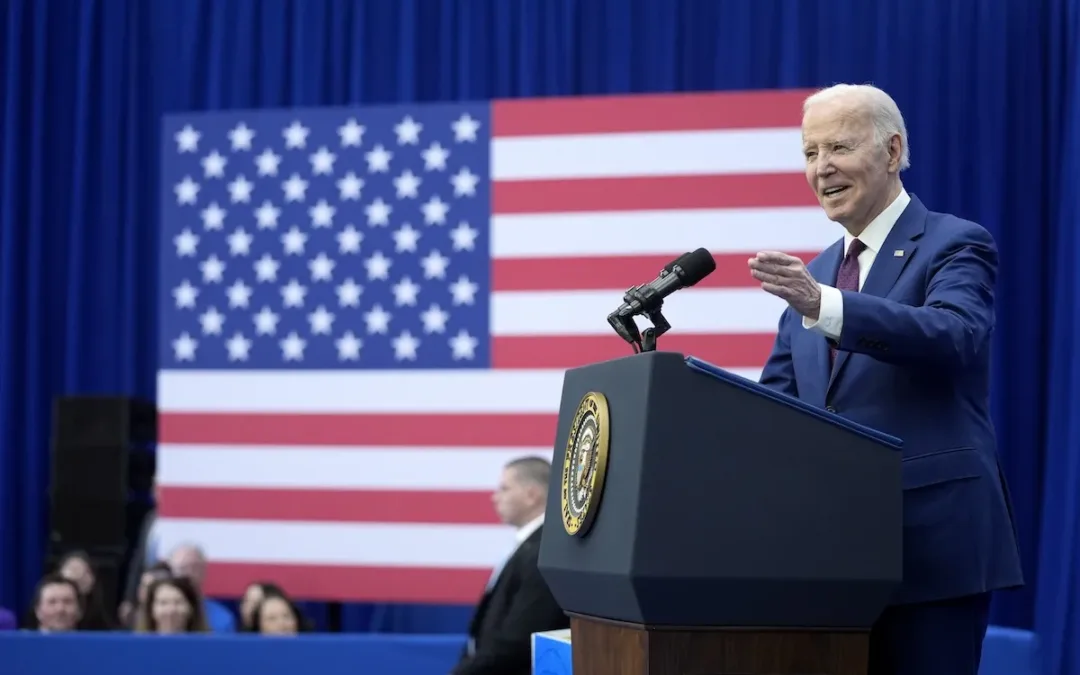
As of April 2024, there has been $10 billion in Biden’s infrastructure law funding announced in Virginia for 353 projects, with $6.9 billion for transportation improvements and $1.8 billion for high speed internet.

The US Department of Labor says updated regulations will increase income thresholds to ensure lower-income salaried employees are fairly compensated when they work more than 40 hours per week.

The new rule bans new noncompete agreements for the vast majority of American workers and requires employers to let current and past employees know they won’t enforce them going forward. Companies will also be required to throw out existing noncompete agreements.
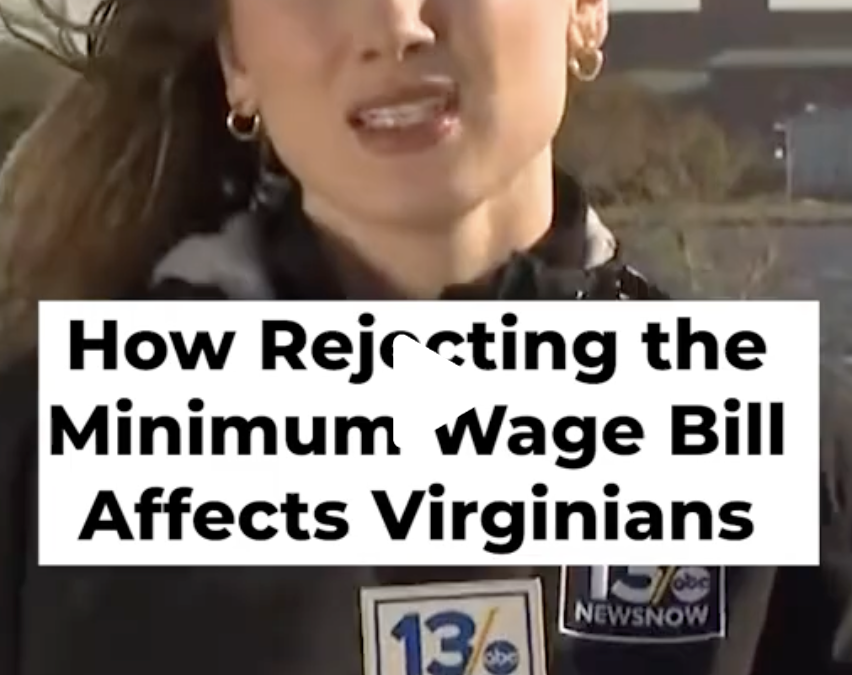
Did you hear? Yes, it's true. Republican Governor Glenn Youngkin vetoed the minimum wage increase bills (House Bill 1 and Senate Bill 1). The minimum wage bill would have increased wages for over 600,000 workers in Virginia. @vadogwoodnews Did you hear? Yes, it's...

Youngkin and Democrats have fought bitterly over an ill-fated major league sports arena and a slew of Democratic legislative priorities, raising questions over whether both sides can strike a budget compromise before the end of the fiscal year.
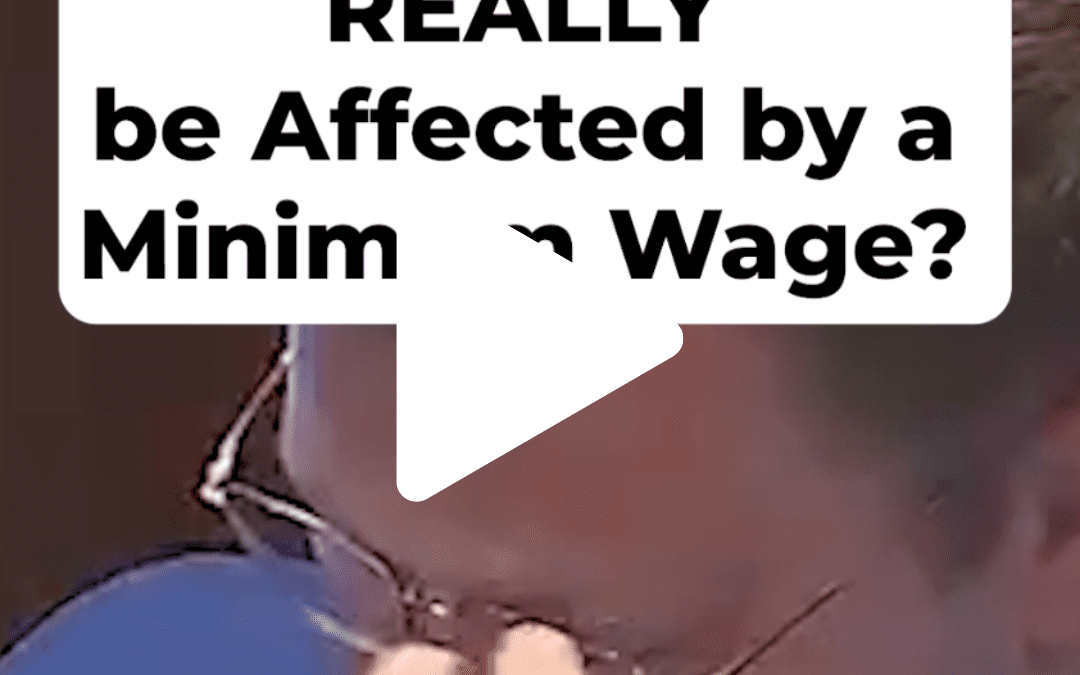
Both Senate Bill 1 and House Bill 1 were introduced by Democrats and passed on party-line votes in the House of Delegates and Virginia Senate without any Republican support. Both bills passed out of the other chamber within the last few weeks. Republicans say they...
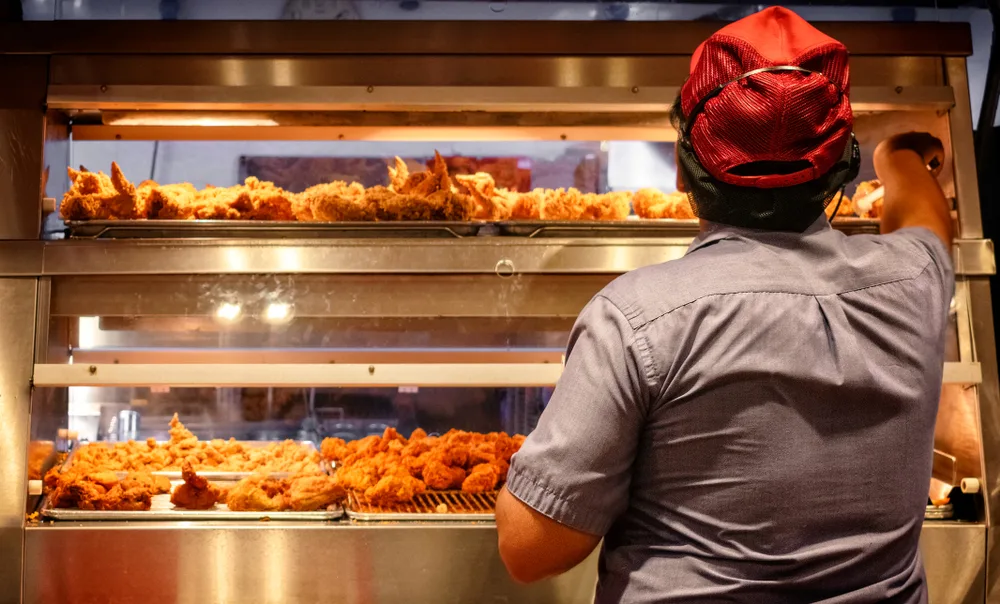
The legislation would raise Virginia’s minimum wage from the current rate of $12 per hour to $13.50 in 2025 and to $15 in 2026. Gov. Youngkin has until April 8 to either sign, veto, or recommend amendments to the legislation before lawmakers reconvene on April 17.
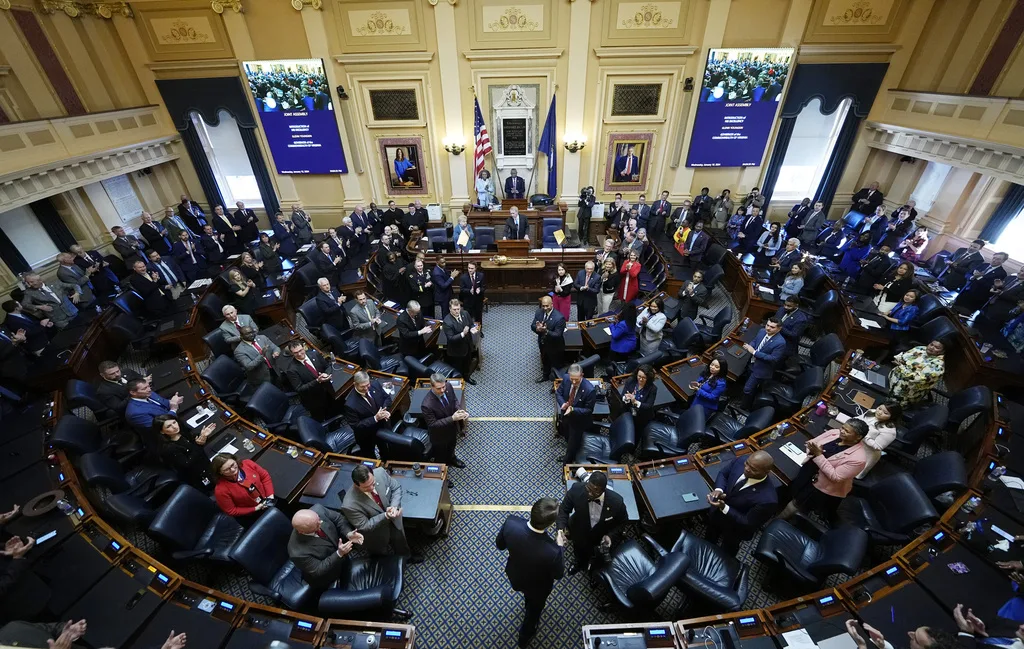
After winning majorities in both the House of Delegates and state Senate last November, newly empowered Democrats in Virginia’s General Assembly immediately made it clear that raising Virginia’s minimum wage would be a top priority in this year’s legislative session....